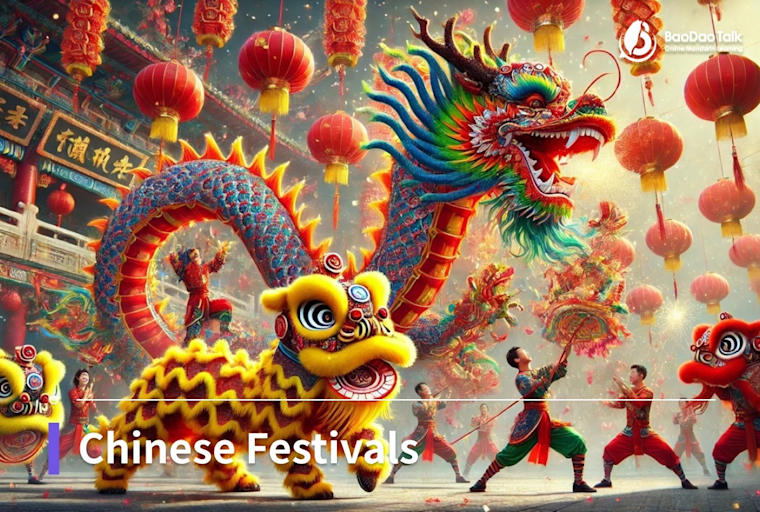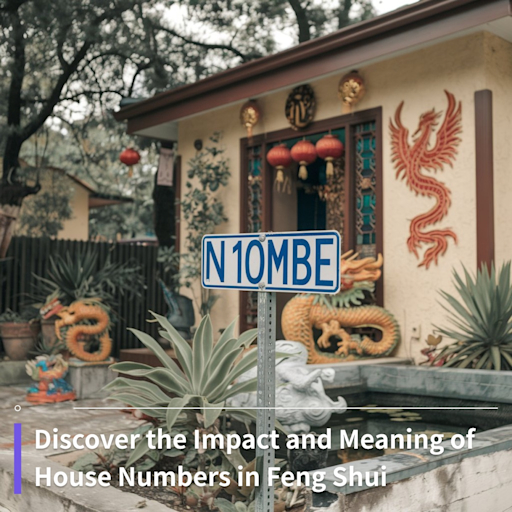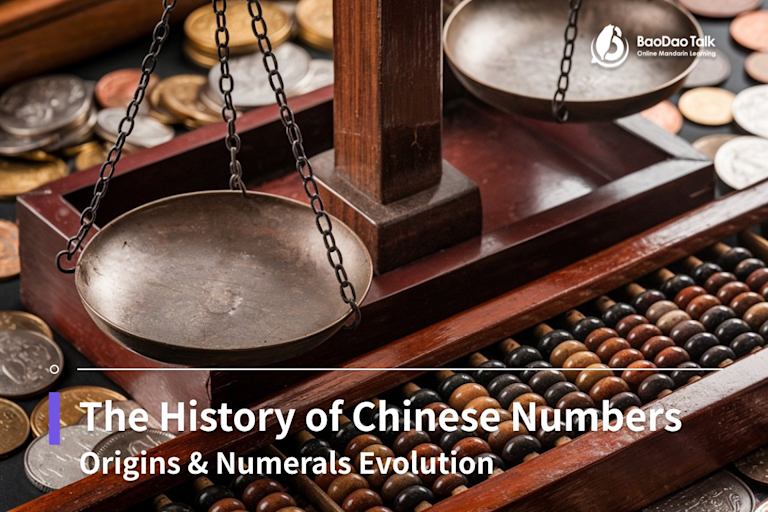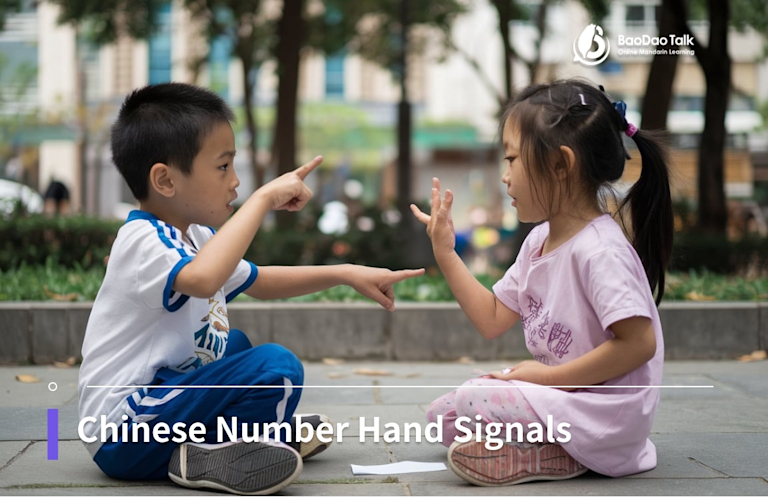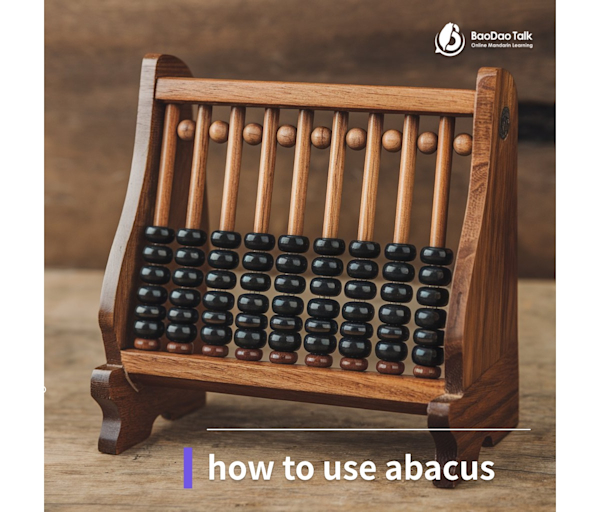BaoDao Talk Blog
2024-10-08updated
Chinese Lucky & Unlucky Numbers: the Cultural Impact Explained
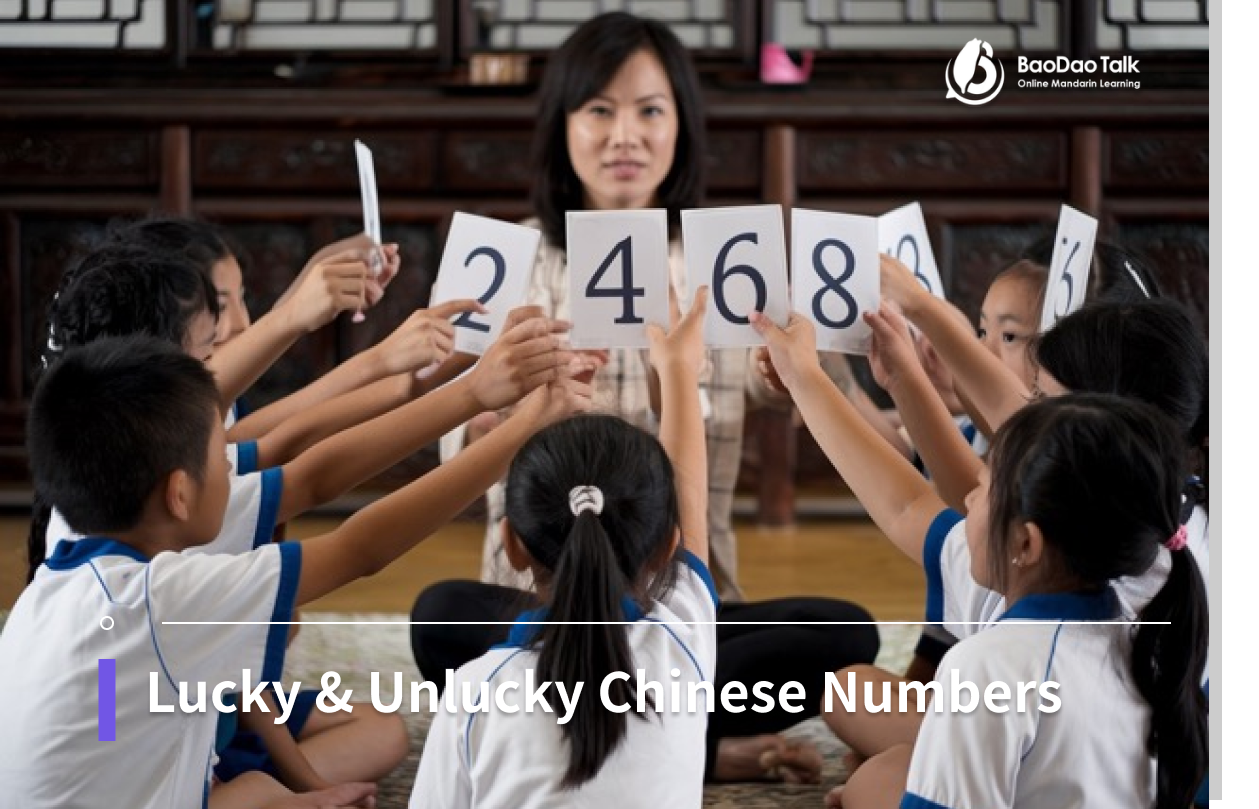
# Learning Mandarin
Learn about the cultural significance and symbolism of lucky and unlucky numbers in Chinese traditions. Level up your Chinese with BaoDao Talk now!
Quick Navigation
In Chinese culture, numbers carry symbolic meanings that extend far beyond their numerical value. Their sounds, historical associations, and representation in folklore and everyday life often dictate whether they are considered lucky or unlucky. These meanings influence important decisions, such as choosing wedding dates, house numbers, or business transactions, as the right number is believed to bring prosperity and avoid misfortune.
Lucky Numbers in Chinese Culture
While the numbers 2, 6, 8, 9 are widely known for their auspicious meanings, other numbers also carry significant positive connotations.
1 (一, yī)
The number 1 symbolizes unity, independence, and beginnings. While it can imply loneliness in some contexts, it symbolizes being the "supreme best" or first in line, which is highly valued in both academic and business contexts. This number represents unmatched success and achievement and is often used in phone numbers, addresses, and company branding to signify prominence and leadership.
For example, phrases like "天下第一" (tiānxià dì yī), meaning "the best under heaven," reflect the association of 1 with superiority and success, often used to describe individuals, businesses, or achievements that are unmatched.
3 (三, sān)
The number 3 is closely linked to harmony and balance, often representing the three stages of life: birth, growth, and death. It is considered a lucky number because of its association with continuous improvement. For instance, the idiom "三生有幸" (sān shēng yǒu xìng) means “to have the luck of three lifetimes,” symbolizing extreme fortune and favor.
Moreover, the number 3 is closely associated with the three celestial guardians: Fu, Lu, and Shou, who represent key blessings in life. Fu symbolizes good fortune, Lu stands for prosperity and success, and Shou, the god of longevity, is often depicted holding a peach, symbolizing immortality. Together, these three deities are believed to bestow blessings, bringing good luck, wealth, and long life to those who honor them.
10 (十, shí)
Representing completeness and perfection, the number 10 holds a high status in Chinese culture. It symbolizes a full cycle, often linked with ultimate fulfillment and wholeness. The saying "十全十美" (shí quán shí měi), meaning "perfect in every way," reflects the association of the number 10 with achieving perfection. In many cultural festivals, the number 10 is celebrated as it marks the completion of a cycle and the start of a new one.
Unlucky Numbers in Chinese Culture
Certain numbers are considered unlucky due to their pronunciation or associations with negative concepts in Chinese tradition. While the number 4 is famously avoided because of its similarity in pronunciation to the word for death, other numbers also carry ominous connotations.
5 (五, wǔ)
The number 5 is unique because it carries both positive and negative meanings depending on the context. While it is linked to the five elements (wood, fire, earth, metal, water) in feng shui, which brings balance, the number 5 can also signify "nothing" or "emptiness" due to its pronunciation similar to "無" (wú), meaning "nothing".
7 (七, qī)
The number 7 is another inauspicious number in certain contexts. Its pronunciation, "qi," sounds like "欺" (qī), meaning "cheat" or "deceive," which ties it to dishonesty and betrayal. What’s more, the seventh month of the lunar calendar is known as Ghost Month, during which spirits are believed to roam the earth. As a result, the number 7 is associated with death and other misfortunes. People often avoid weddings, moving, or other significant life events during this month.

Common Lucky and Interesting Number Combinations
Certain number combinations have become popular due to their phonetic similarities to phrases in various languages, particularly in Chinese, where numbers often have homophones with positive or humorous meanings.
These combinations have gained traction on the internet as a faster and more interesting way to express ideas, sentiments, or even luck. Their meanings are widely recognized in digital communication and cultural contexts.
168
In Chinese, "168" sounds like "一路發" (yī lù fā), which translates to "prosperity all the way" or "fortune throughout the journey." It is considered a very lucky number, often associated with success and wealth.
250
In Chinese slang, "250" (èr bǎi wǔ) is a humorous or derogatory term, meaning "fool" or "idiot." It originates from the term "半吊子," which suggests someone who is half-done or not very competent. Despite not being positive, it's widely used in a lighthearted manner in internet slang.
995
This number is often associated with "救救我" (jiù jiù wǒ), which means "save me" in Chinese. It's commonly used online as a plea for help or attention, often in a joking or exaggerated manner.
555
In some online communities, "555" represents the sound of crying, resembling "嗚嗚嗚(wuwuwu)." It's used to express sadness, disappointment, or frustration in a playful way, akin to saying "boohoo" in English.
Unlock More About the Chinese Language with BaoDa Talk
If you’re eager to master Traditional Mandarin and explore the rich cultural significance behind numbers and other traditions, such as festivals, BaoDao Talk is the perfect platform for you. With interactive, structured courses tailored to your pace and taught by qualified native-speaking tutors, we offer an immersive learning experience.
Our platform includes unique features like stroke order animation demos, quiz modes, and personalized support to guide your Mandarin journey. Visit BaoDao Talk today and discover your language-learning potential, while deepening your understanding of Chinese culture!
Share to:
